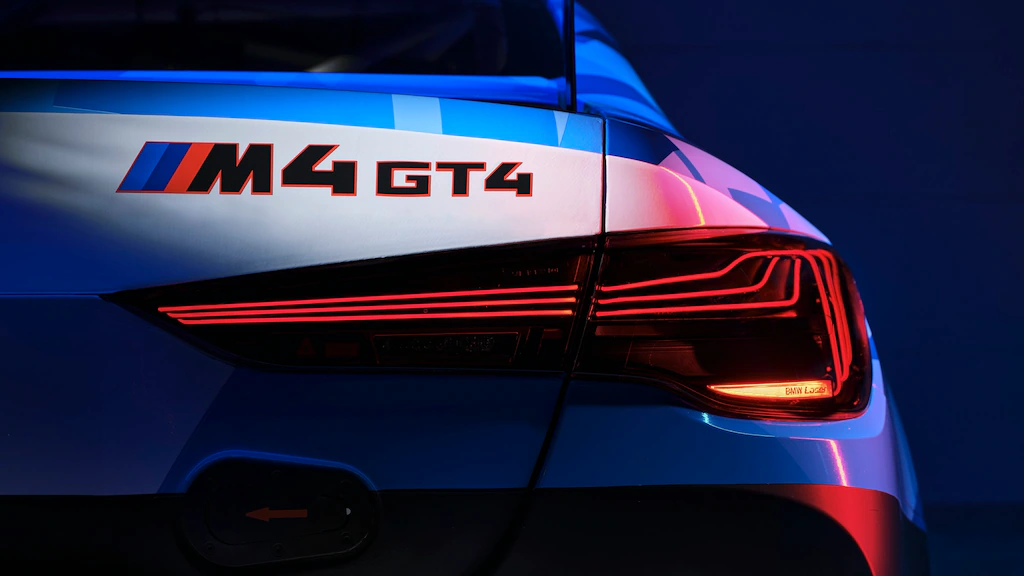Automotive BMW M4 GT4 Makes Debut, Achieving a New Milestone with Natural Fiber Composites

BMW M4 GT4 Makes Debut, Achieving a New Milestone with Natural Fiber Composites
Natural fiber composites co-developed by BMW and the Swiss clean technology company Bcomp have officially entered the stage of preparation for mass production. This material is based on flax and reflects BMW’s commitment to reducing carbon emissions. Early tests indicate that it can reduce emissions by up to 40% compared to traditional carbon fiber components, marking a significant step towards sustainable manufacturing in their future vehicle lineup.
The natural fibers have been confirmed for use in structural applications such as roof panels, complying with stringent homologation standards. By substituting carbon fiber-reinforced plastic (CFRP) with renewable flax-based composites, BMW not only diminishes the environmental impact during manufacturing but also takes into account the sustainability of components at the end of their lifecycle. This innovation comes after several years of research and experimentation in motorsport, where the need for lightweight materials aligns with extreme performance requirements.
The strength and performance of this natural fiber composite have been validated in motorsport, including Formula E and the BMW M4 GT4, and it is planned to be used in the upcoming BMW M models, which will undergo further testing in the challenging Nürburgring 24-Hour endurance race.
What to read next







